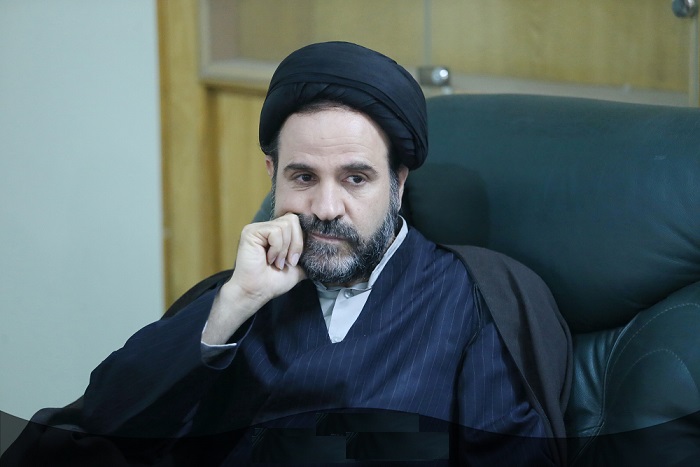
RNA – Hujjat al-Islam Sayyed Kazem Sayyed-Baqeri, an assistant professor of Islamic Culture and Thought, has written a report examining the nature, necessity, history, types and mechanisms of oversight over political power in Islamic jurisprudence pertaining to governance.
The following is a continuation of his report:
Explain the jurisprudential principles of the issue of the oversight of political power.
In political jurisprudence, there are jurisprudential principles for oversight, one of these principles is the preservation of the lives and property of the people from belligerent actions. The lives of the people in our jurisprudential and religious thought are of great importance and the property of the people has very precise, deliberate and firm limits..
Therefore, in order to protect the lives and property of the people from belligerent actions, there must be oversight over the ruler who has power. If it is said that the life, property and honour of the people are very important, placing a large amount of power in a single person and then abandoning them is meaningless. Thus, there must be oversight of power.
Another of the principles of the issue of restoring rights is pursuing justice and wanting justice. If those who want justice convey the rights of the people to them , when oversight over power occurs, and we are sure that power will not be abused from the situation at its disposal.
Another principle, it is the fulfillment of the command of ‘enjoining the good and forbidding the wrong.’ We have a definite Quranic and Islamic doctrine known as ‘enjoining the good and forbidding the wrong,’ the implementation of which depends on political affairs and government. If the matter of ‘enjoining the good and forbidding the wrong’ is supposed to be implemented, naturally, a type of oversight over external power and universal responsibility is sought. Otherwise, it does not make sense to enforce the notion of ‘enjoining the good and forbidding the wrong’ in the areas of politics, governance and power without oversight.
In regards to the discussion of ‘enjoining the good and forbidding the wrong,’ on the one hand, everyone is responsible because all people have been commanded to ‘enjoin the good and forbid the wrong.’ Therefore, this responsibility is universal and it leads to universal oversight.
Another discussion is the lack of the infallibility of the rulers and their probability of error, hence the need for oversight is discussed.
Reformation and corruption are another issue and if reformation and corruption are also part of our religious teachings, just as God says in the Quran about the Prophet Shu’ayb: “I only desire to put things in order, as far as I can” [11:88]. Therefore, if reforms are supposed to be made in the political arena and in the exercise of power, it is necessary to supervise it.
Another principle is the political participation of the citizens. If we want the political participation of the citizens, we must naturally accept that they also oversee affairs, issues and power.
Source: vasael.ir
112/974